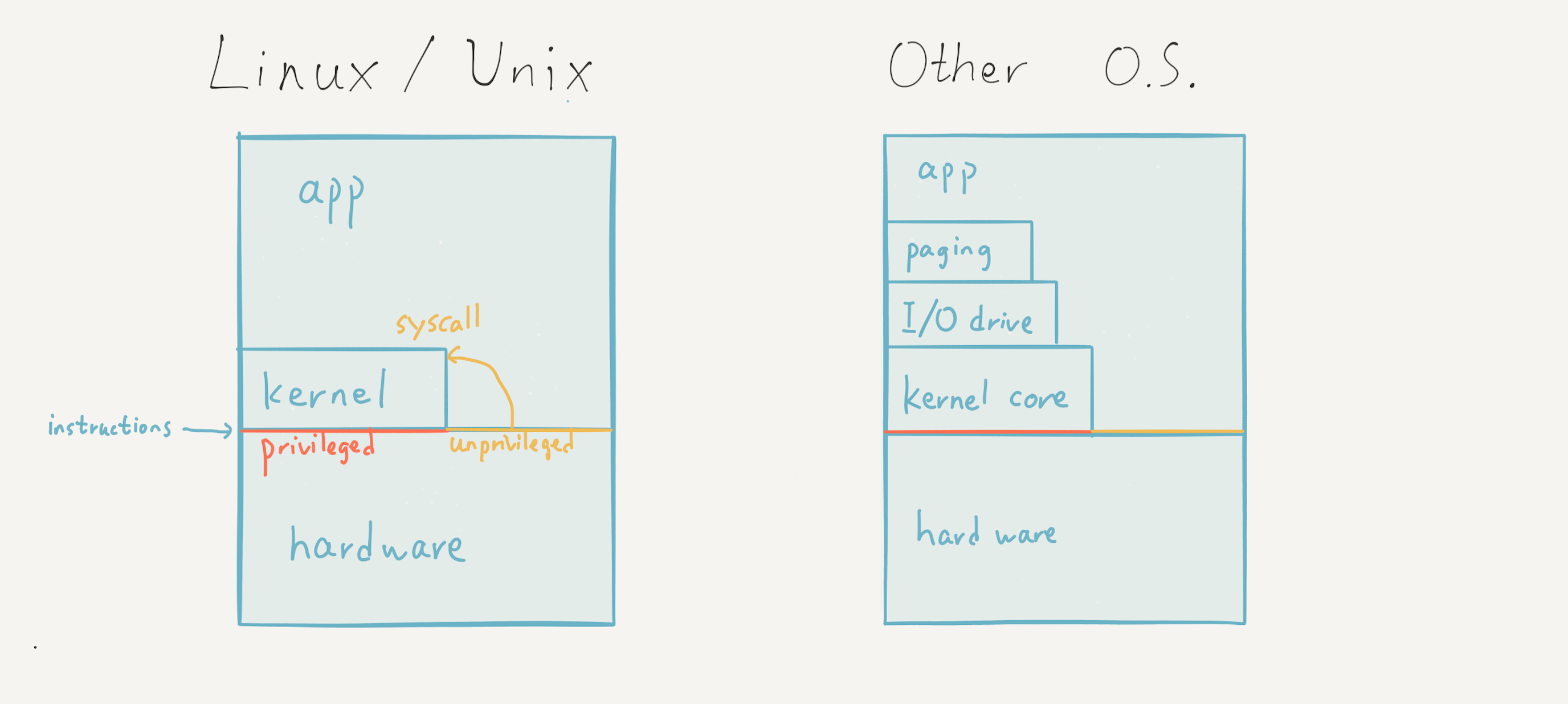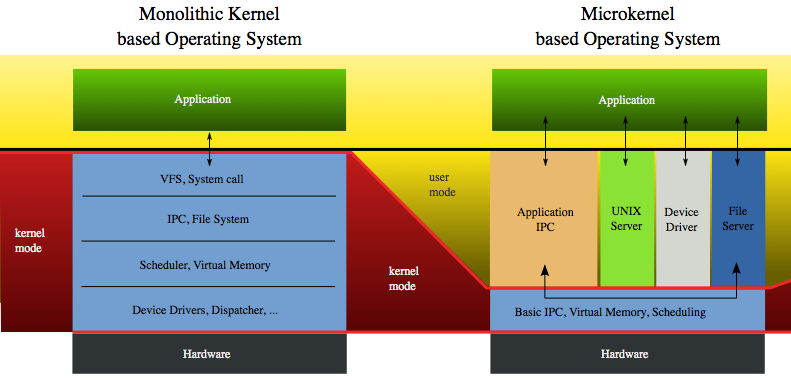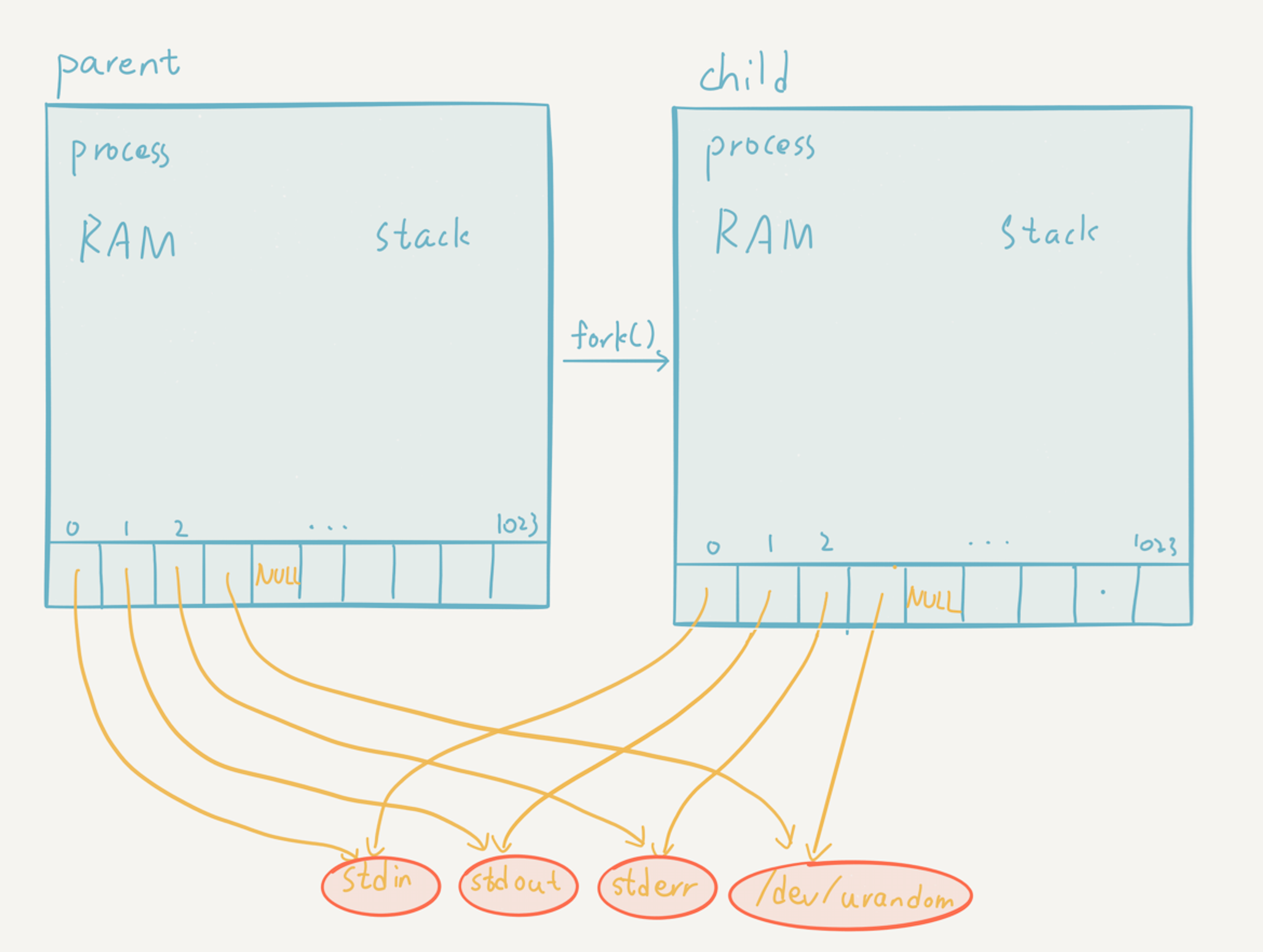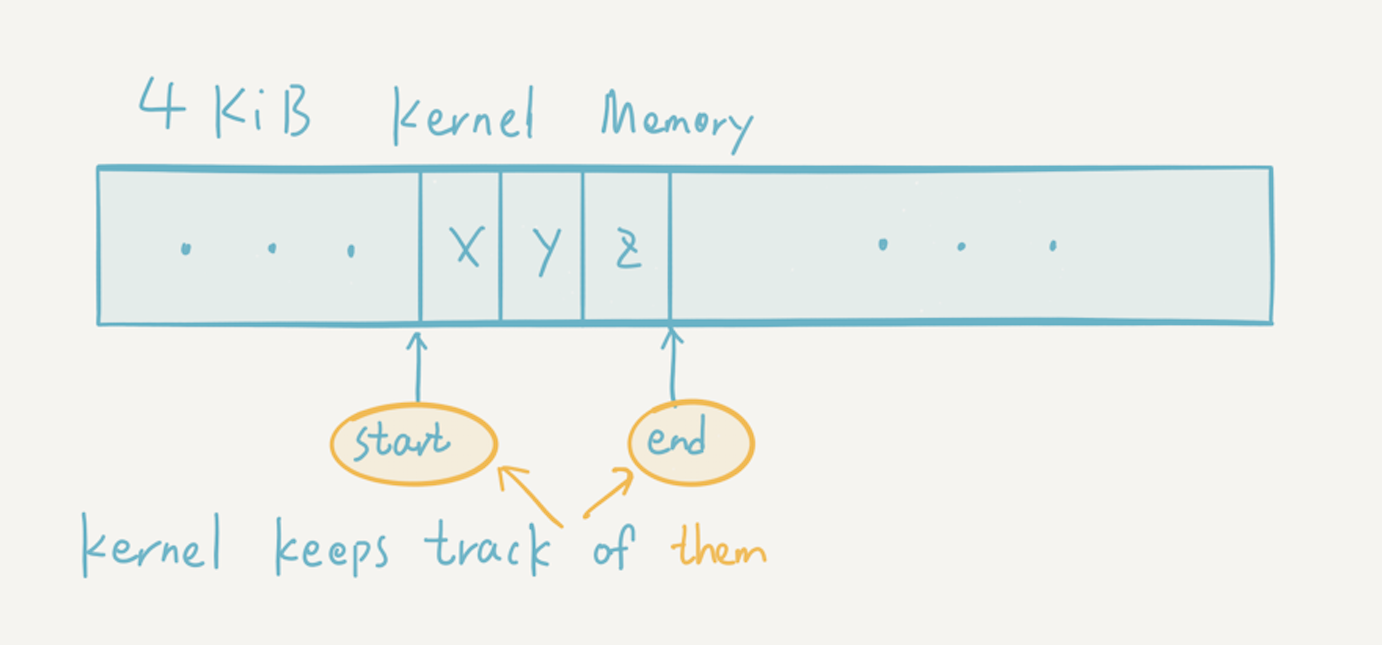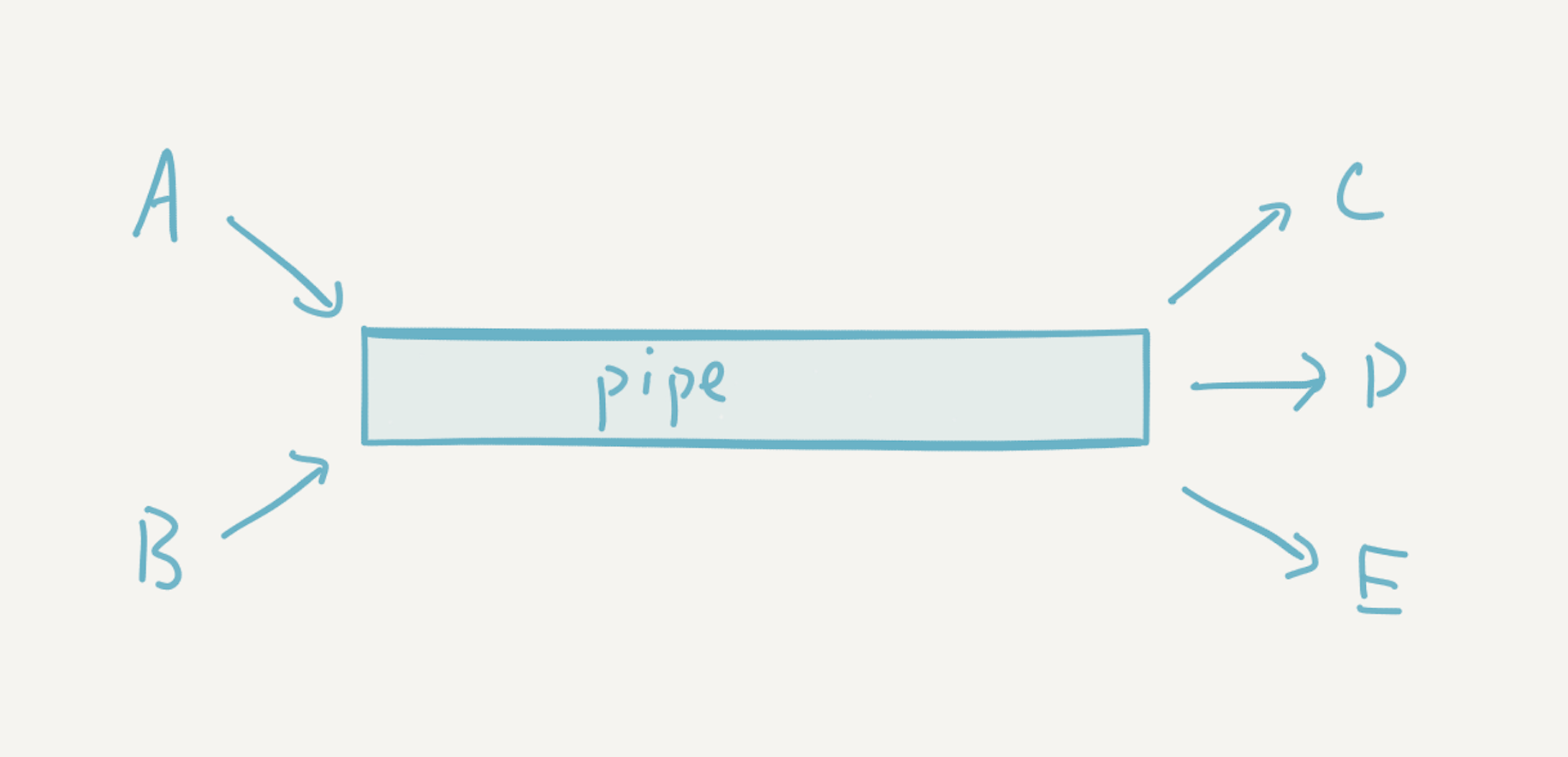Code example: program that prints out the time of the day
//Program that prints out the time of the day
bool printdate() {
pid_t p = fork();
switch(p) {
case -1:
error();
case 0: {
static char const date[] = "/bin/date";
execvp("/bin/date", (char const *){date,0});
error(); //execvp doesn't return if succeed
}
default: {
int status;
if (waitpid(p,&status,0) != p)
error();
}
}
//WIFEXITED: if child terminated normally, returns ture
//WEXITSTATUS(status) prints out the real exit status
return WIFEXITED(status) && WEXITSTATUS(status) == 0;
}
//Program that prints out the time of the day to a file
bool printdate(char const *outfile) {
pid_t p = fork();
switch(p) {
case -1:
error();
case 0: {
static char const date[] = "/bin/date";
int fd = open(outfile, O_WRONLY);
if (fd < 0)
error();
if (dup2(fd,1) < 0)
error();
if (fd != 1)
close(fd);
execvp("/bin/date", (char const *){date,0});
error(); //execvp doesn't return if succeed
}
default: {
int status;
if (waitpid(p,&status,0) != p)
error();
}
}
return WIFEXITED(status) && WEXITSTATUS(status) == 0;
}
Usual pattern for executing a program:
if(fork() == 0) {
//Housekeeping;
execvp(...);
}
Another school of thought, which is simpler and does all jobs in one system call:
int posix_spawnvp(
pid_t * restrict pid,
char const *restrict file,
posix_spawn_file_actions_t const * restrict file_acts,
posix_spawn_attr_t const * restrict attrp,
char * const * restrict argv,
char * const * restrict envp
);
posix_spawnvp doesn't copy all that memory(imagine you copied 8GB memory only to do an execvp), so it is very efficient and fast and cheap.
